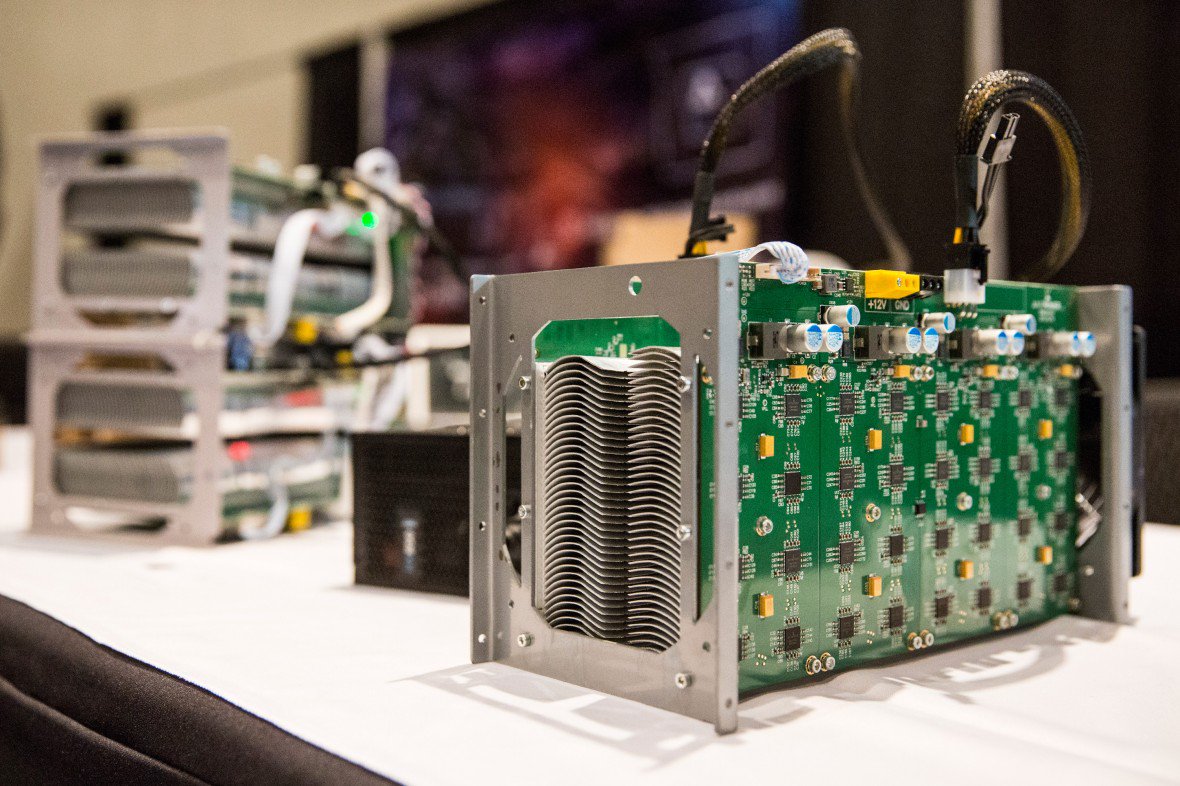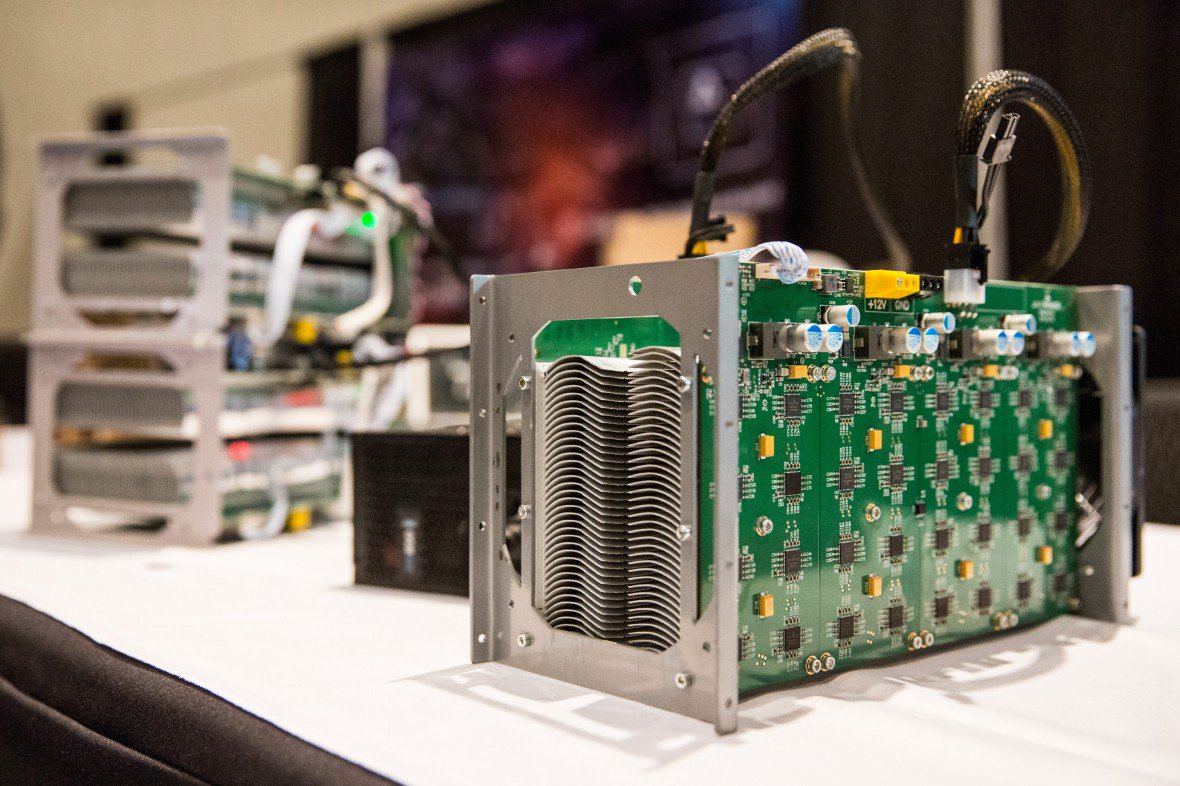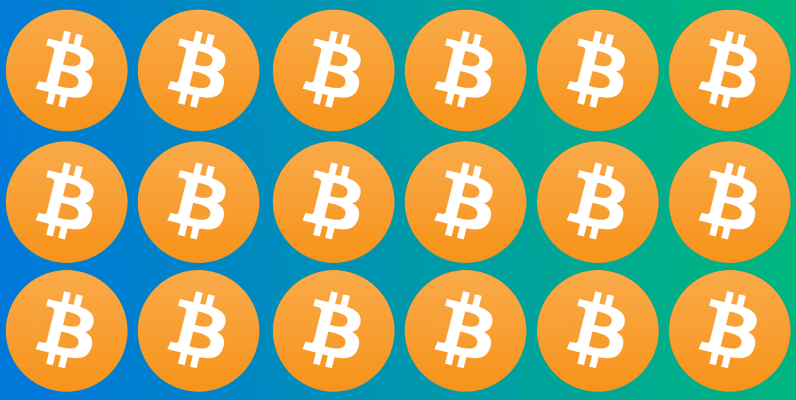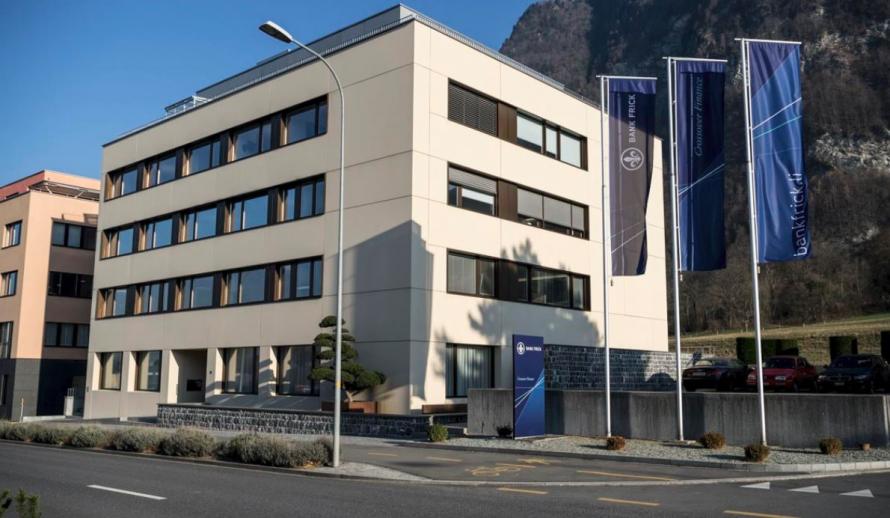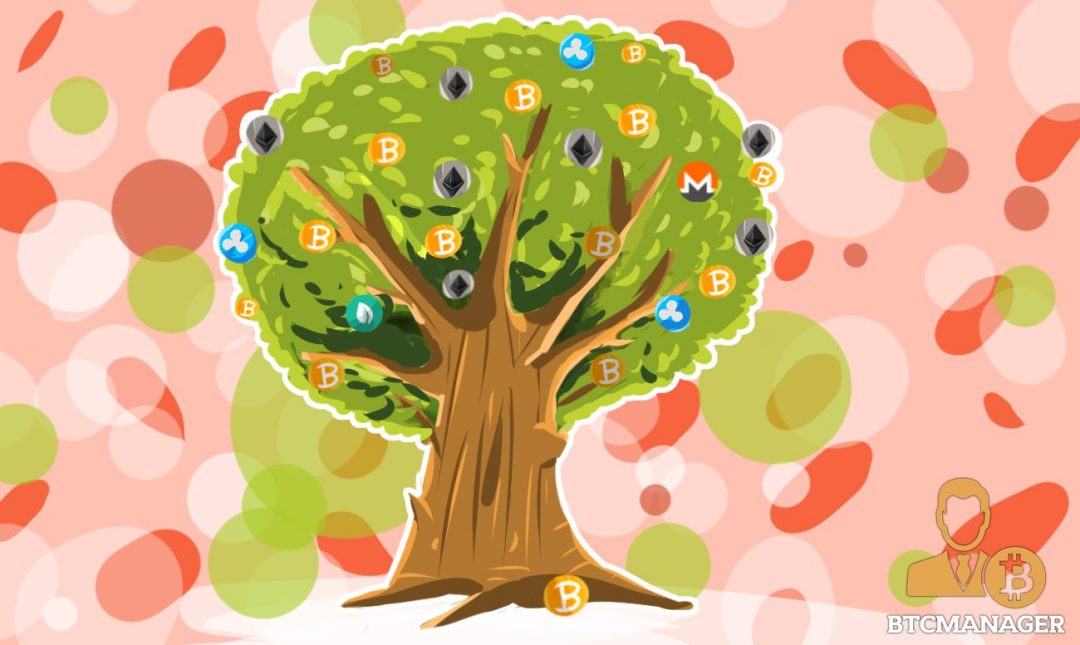LONDON, Feb 2 (Reuters) – Blockchain is to be used for the first time to try to track cobalt’s journey from artisanal mines in Democratic Republic of Congo through to products used in smartphones and electric cars.
Sources close to a pilot scheme expected to be launched this year say the aim is eventually to give manufacturers a way of ensuring the cobalt in lithium-ion batteries for products such as iPhones and Teslas has not been mined by children.
Tracking cobalt presents many challenges as scores of informal mine sites would have to be monitored, all players in the supply chain would need to buy into the scheme, and accurate, electronic data would need to be transmitted from remote areas – all in a vast country plagued by lawlessness.
But companies are under growing pressure from consumers and investors to show the cobalt they use has come through supply chains free of rights abuses, just as they have for minerals used in electronics such as tantalum, tin, tungsten and gold.
Businesses in China, the main destination for Congolese cobalt from artisanal mines, have set up a Responsible Cobalt Initiative, which has been joined by tech giants such as Apple and Samsung, to address child labour.
The problem they face is that there are few sure-fire ways of tracing cobalt from the informal mines that produce up to a fifth of the cobalt from Congo, the world’s biggest producer.
“The demand to make cobalt more sustainable is going to continue growing, meaning there is a will to find a solution and blockchain will be part of that,” said a source with the project, who declined to be named because it is not yet public.
Source/More: Blockchain to track Congo’s cobalt from mine to mobile








